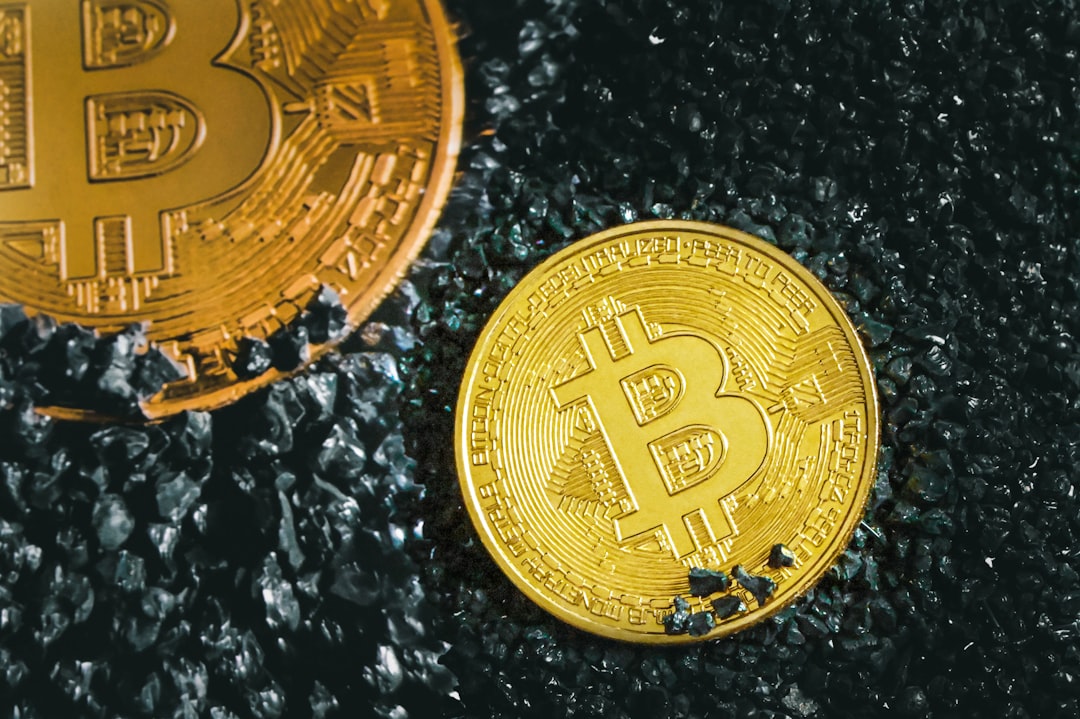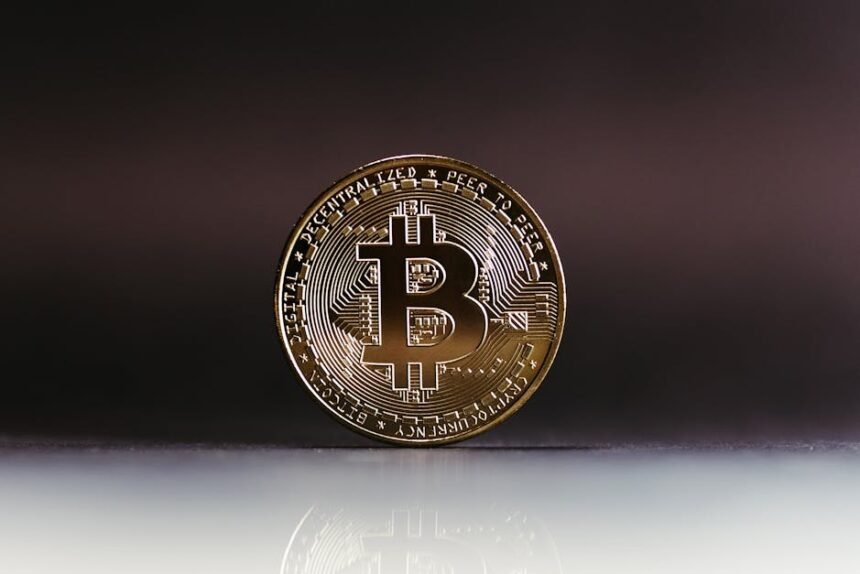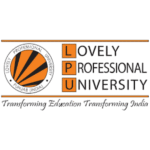Decentralization through DAOs and blockchain is transforming power dynamics and ownership, offering new opportunities for collective governance.
San Francisco, USA — In an era defined by rapid technological advancement, the conversation around decentralization is gaining momentum. Decentralized Autonomous Organizations (DAOs) and blockchain technology are not just buzzwords; they represent a fundamental shift in how power and ownership can be structured in society.
Historically, power has been concentrated in the hands of a few—governments, corporations, and institutions. But as the digital landscape evolves, so does the potential for distributed governance. DAOs utilize blockchain technology to create systems where decisions are made collectively, empowering individuals rather than centralized authorities.


Blockchain, the backbone of cryptocurrencies like Bitcoin and Ethereum, offers a transparent and immutable ledger. This technology enables the creation of DAOs, which operate on predefined rules encoded in smart contracts. Members of a DAO can propose and vote on changes, ensuring that governance is democratic and inclusive.
In 2021, the DAO landscape exploded, with platforms like ConstitutionDAO raising over $47 million to purchase a rare copy of the U.S. Constitution. Although the bid ultimately failed, it showcased the collective power of decentralized fundraising and governance. This movement is not limited to funding historical artifacts; it spans various sectors, including social media, gaming, and even charity.
Meanwhile, regulatory frameworks across the globe are evolving, with some jurisdictions embracing DAOs while others remain hesitant.
However, the rise of DAOs is not without challenges. Legal recognition remains a significant hurdle. In the U.S., the Internal Revenue Service (IRS) has yet to establish clear guidelines for taxing DAOs. Meanwhile, regulatory frameworks across the globe are evolving, with some jurisdictions embracing DAOs while others remain hesitant.
Furthermore, security concerns loom large. High-profile hacks have plagued several DAO projects, undermining trust in these systems. The 2016 hack of The DAO, which saw $60 million worth of Ether stolen, remains a cautionary tale for the decentralized community. These incidents highlight the need for robust security measures and audits to protect participants.
Despite these challenges, the potential for DAOs to reshape industries is undeniable. In the entertainment sector, DAOs can democratize decision-making, allowing fans to have a say in projects they support. In the realm of real estate, decentralized platforms can facilitate collective ownership models, enabling individuals to invest in properties together.
Education is another area ripe for decentralization. DAOs can create decentralized learning communities where members collaboratively curate content, share resources, and govern their educational pathways. This model can disrupt traditional educational institutions, offering more flexible and personalized learning experiences.
The gig economy also stands to benefit from decentralized models. DAOs can empower freelancers to collectively negotiate contracts, share resources, and create safety nets. By pooling resources, gig workers can enhance their bargaining power and improve their working conditions.
Moreover, the environmental impact of decentralization is worth considering. Blockchain technology, when utilized effectively, can promote sustainability initiatives. For instance, DAOs can facilitate carbon credit trading, enabling organizations to offset their emissions collaboratively.
DAOs can create decentralized learning communities where members collaboratively curate content, share resources, and govern their educational pathways.
As the world grapples with issues like climate change, social inequality, and economic instability, the promise of decentralized governance offers a glimmer of hope. It challenges the status quo and invites us to rethink how we organize society.
Looking ahead, the evolution of DAOs and blockchain technology will likely accelerate. As more individuals seek alternatives to traditional power structures, the demand for decentralized solutions will grow. Industries will adapt, and regulatory frameworks will evolve to accommodate these new models.
For young professionals and entrepreneurs, understanding and engaging with DAOs may become essential. Those who embrace this shift can position themselves at the forefront of the next wave of innovation. As we move toward a more decentralized future, the question remains: how will you participate in shaping the new power dynamics?







